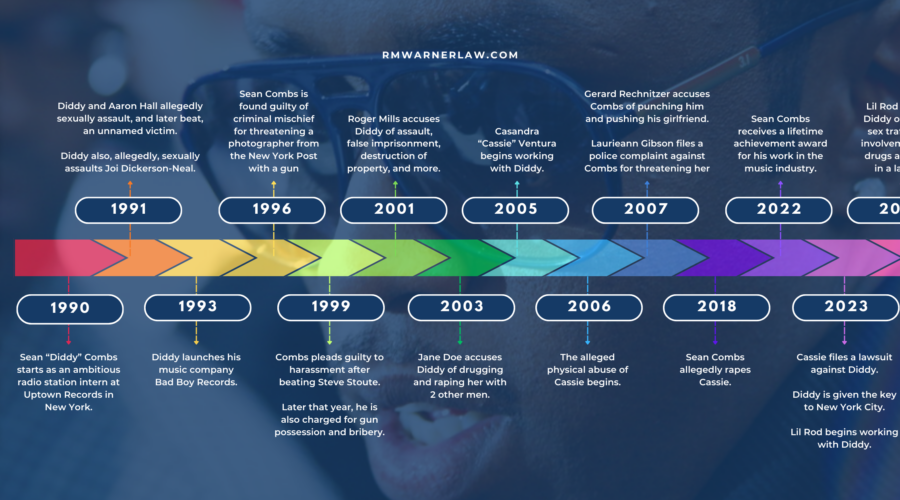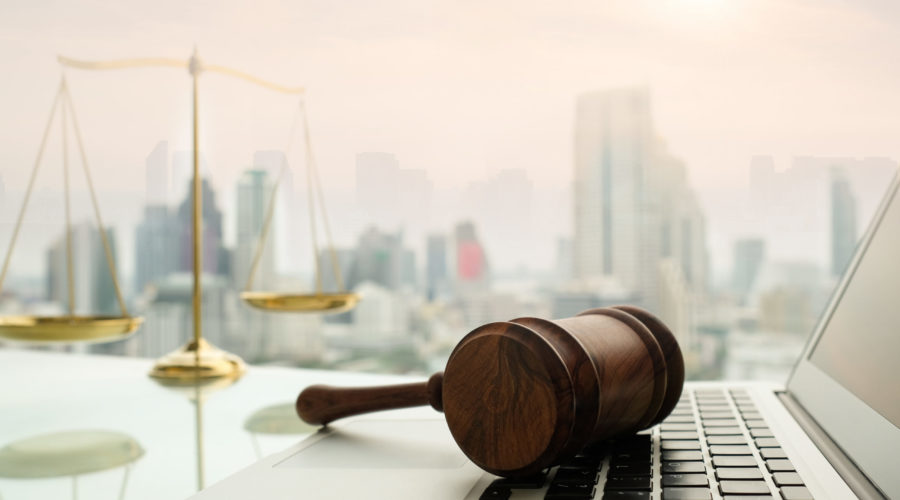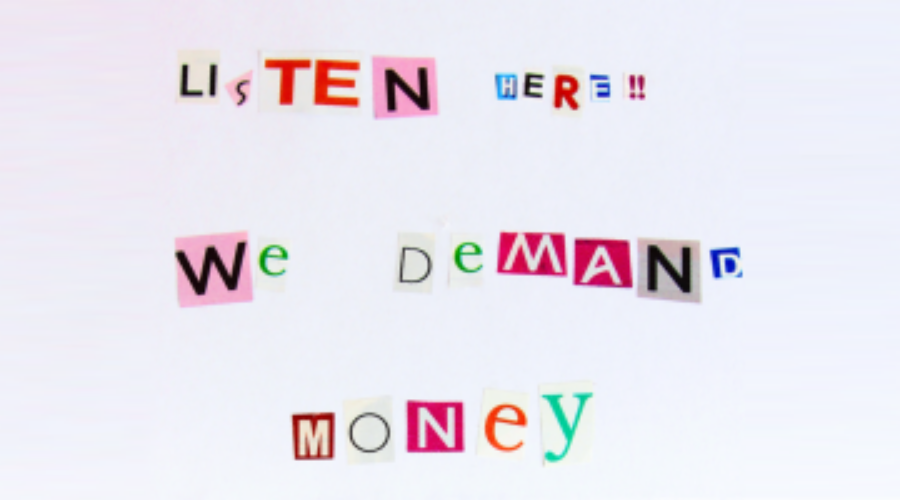On the internet, where perception is reality, defamation poses a significant threat to individuals and businesses. Defamation refers to the act of making false statements that harm an individual or entity’s reputation. It encompasses both libel (written defamation) and slander (spoken defamation) and can have...
The internet has opened up opportunities for business owners, marketers, influencers, and content creators alike. One of these opportunities is the ability to reach audiences outside Arizona and even the US. However, being on the internet also makes you vulnerable to issues like defamation. Online...
How did Diddy get famous? Sean “Diddy” Combs started out as an ambitious radio station intern at Uptown Records in New York before starting his music company Bad Boy Records in 1994. Diddy’s talent was clear from the get-go when his first major success was...
Reputation is everything in the business world. A single false statement or malicious rumor can tarnish years of hard work and dedication. Whether in the form of slander (spoken defamation) or libel (written defamation), defamation can wreak havoc on a company’s image, leading to loss...
The digital marketplace has revolutionized the way we do business. It provides unparalleled opportunities for entrepreneurs and business owners to reach a global audience. However, in the quest for online visibility, some companies succumb to the allure of false advertising, unaware of the legal pitfalls...
As your online business grows, it may become more complex and require legal guidance from an e-commerce attorney. Some of the factors that contribute to this need include regulatory compliance, contractual relationships, dispute resolution, and a rapidly changing legal landscape. That’s why you and your...
In the world of e-commerce, entrepreneurs must stay up-to-date on the latest legal developments that impact how business is transacted online. This is because Internet laws play a significant role in how companies operate, and understanding their implications can be the key to maintaining a...
In today’s digital age, online blackmail has become an all-too-common threat that individuals and businesses must learn to navigate. Dealing with extortion attempts can be a daunting task but fear not – this step-by-step guide will provide you with the tools you need to effectively...
In today’s constantly changing environment of both online and offline platforms, maintaining a sterling reputation is paramount. It is an indispensable asset whether you are a working professional, a well-established business owner, an entrepreneur, a social media influencer, or building your personal brand. However, in...
It has become increasingly difficult to control the speed at which information is shared. Regardless of the topic, controversial opinions can proliferate across the Internet with remarkable speed, often fueling disputes and discord. As a result, defamation cases, where false statements tarnish the reputations of...











Recent Comments